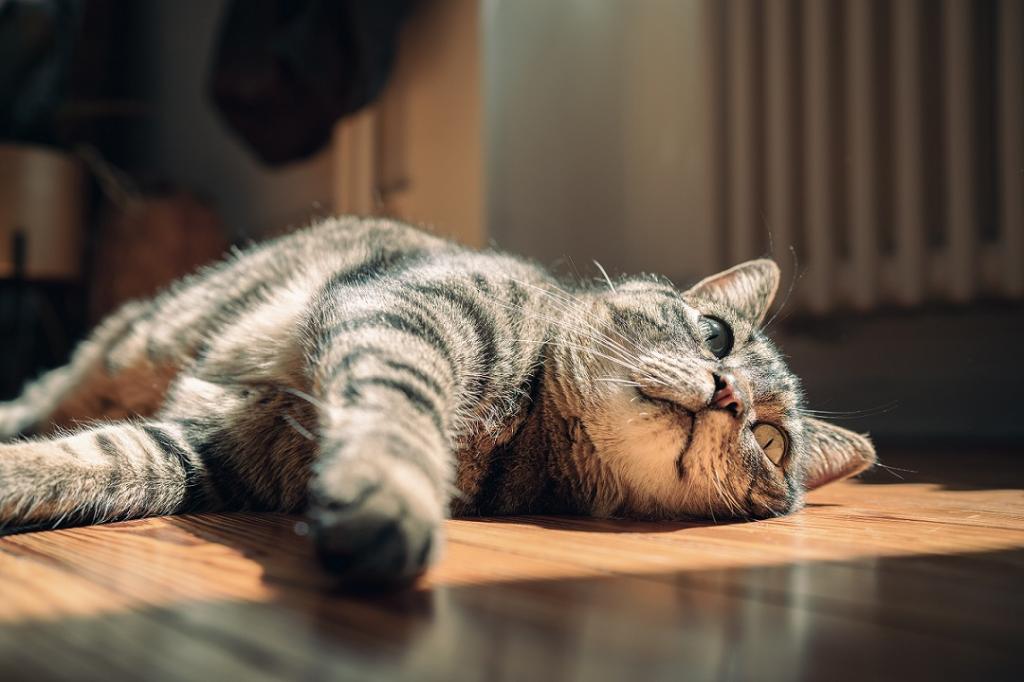News
Orchard Vet's Blog
Summer hazards for your pets
01/06/2023

Another change in season means another batch of pet-related hazards for you to keep an eye on to make sure you don’t have any unexpected trips to the vets over the summer months!
Heatstroke
Warm, sunny days are lovely, but too much heat can be extremely dangerous for our canine companions – especially for flat-face breeds and overweight dogs, who find it more difficult to cool themselves down. Cats are much less likely to suffer from heatstroke, though flat-faced or fluffy kitties may find it more difficult to keep cool. Similarly, flat-faced, long-haired or over-weight bunnies might find it more difficult to regular their body temperature.
Make sure your pet has access to fresh water, avoid extreme exercise and consider creating a shaded retreat. Avoid walking dogs during the hottest part of the day and contact us immediately if you spot any signs of heatstroke. Never, ever leave your dog locked in a car, and check all sheds, conservatories and greenhouses to make sure you don’t lock your cat in!
Sunburn
Did you know our furry companions can also get sunburn? Fur protects most of your cat and dog's bodies, but bald patches or exposed areas are at risk of burning – especially noses, eyelids and ear tips on cats! Fortunately, you can protect them with pet-safe sunscreen. White, ginger and hairless cats are much more likely to burn and potentially develop skin cancer.
Pavements and Roads
On hot days asphalt can reach temperatures of 52C (125F). This is hot enough to severely burn dog's paws within minutes. Check the temperature of pavements before walking your dog by placing the back of your hand on the ground. If you struggle to hold it down for seven seconds then it’s too hot to walk your dog!
Flystrike
As the weather warms up bunnies become at high risk of flystrike – a serious and potentially fatal illness. Flystrike develops when a fly lays its eggs on a rabbit’s fur. The egg then hatches into maggots which burry themselves into the skin. Flystrike tends to develop in bunnies with a mucky bottom or home, so it’s important to check them daily and keep their home clean. We can provide effective flystrike prevention; give us a call to book in with one of our nurses.
Engine Coolant
Engine coolant usually contains ethylene glycol which is sweet tasting and highly toxic. Ingestion of engine coolant that contains ethylene glycol can result in rapid and fatal kidney failure, particularly in cats. Keep engine coolant out of reach of pets and clean up any spillages immediately. You can also buy pet-friendly products which use propylene glycol instead.
If you think your pet may have ingested ethylene glycol call us immediately.
Barbecues
We all love a good barbeque, but barbeque-related incidents account for a surprising number of admissions to emergency veterinary clinics. Keep an eye on your pet around any barbeques, as swallowing kebab skewers, eating bones and burn injuries could cause your al fresco treat to come to an abrupt ending!
Blue-Green Algae
Swimming is one of the joys of warm weather for your dog, but it’s important to check that the water is safe before letting your pooch take a dip to cool off. Blue green algae is a dangerous bacteria that grows on stagnant water during warm weather that often can’t be seen with the naked eye. Ingesting only a couple of mouthfuls can be fatal, so if you aren’t sure that the water is safe don’t let your dog dip their paws!
Beach Dangers
We don’t want to spoil your beach day plans, but it’s important to be aware of the dangers the seaside can bring. Dogs can often accidentally ingest sand by digging or picking up sandy toys and balls. Sand can cause a blockage in the intestine, so make sure you limit games of fetch and keep your dog hydrated. As well as sand, ingesting large amounts of salt water can cause vomiting and, in more serious cases, kidney failure, fits and even death. Limit how long you let your dog swim in the sea and remember to keep them topped up with fresh water!
